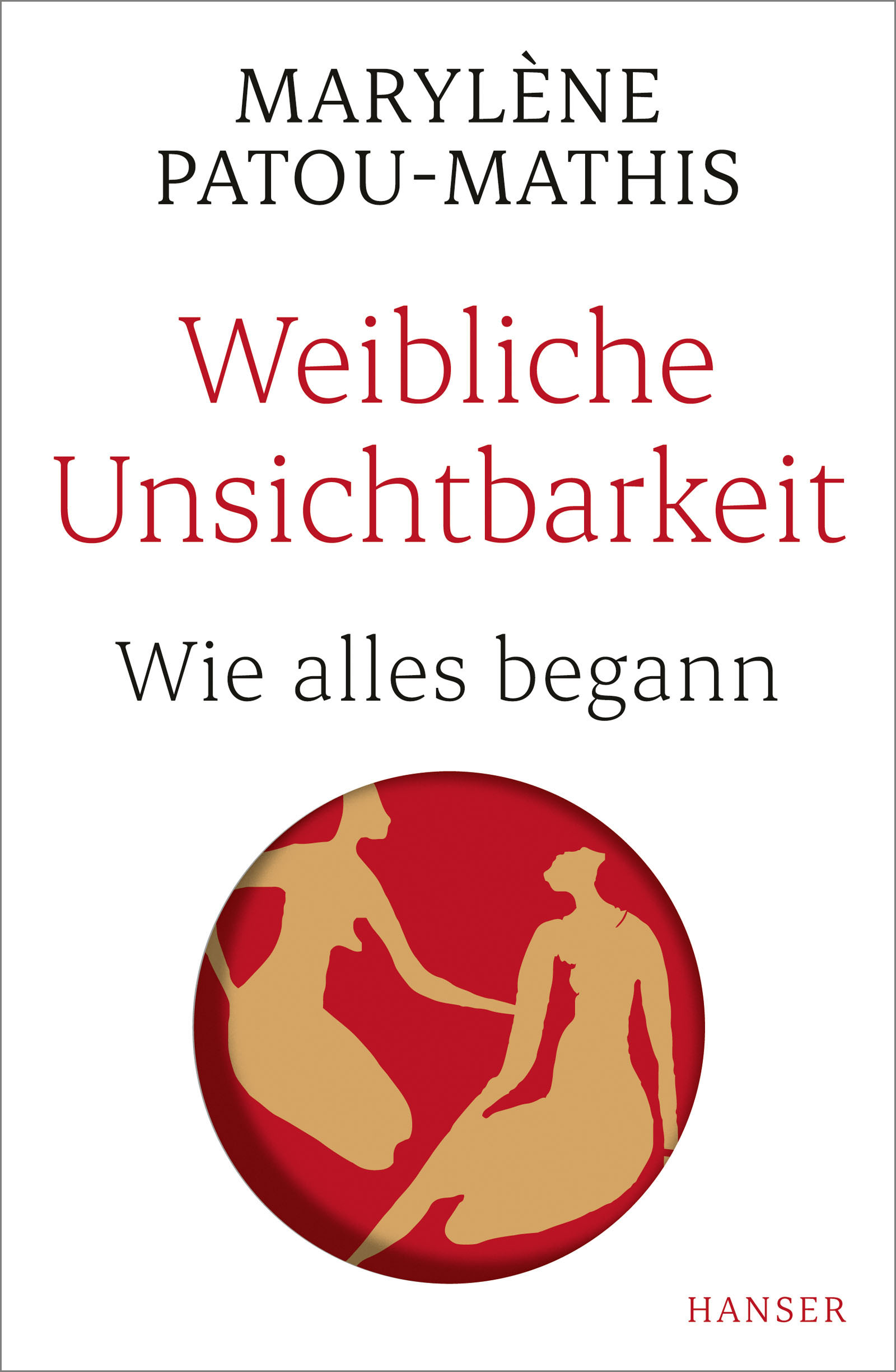possm reviewed Weibliche Unsichtbarkeit by Marylène Patou-Mathis
Fascinating topic; weirdly structured and bloated book.
3 stars
This book is about female erasure in prehistory research, a very interesting topic. The author is a researcher in prehistory with a focus on women, so this is her wheelhouse. The part of the book that is actually about that I found very interesting and informative. However, that's only 80 pages out of 200! Allow me to explain. The book is in four parts. Part I is a short chapter on media depictions of prehistoric women and the question of primitive violence. Although these two topics are interesting, it's not clear what connects them. At this point the book already seems weirdly structured.
Part II is a long history of misogynistic sexism through the ages. This is just gender studies 101 with no connection to prehistory at all. It feels like the author is trying to up her page count by repeating a point that a hundred feminist books have already made since the 1950s.
Part III is the heart of the book: this is the part that's actually about the topic at hand. I don't know very much about early humans and learned a great deal in this chapter: not only about what we can know of early human gender relations, but also about the strange interpretations that male researchers have made of archaeological findings, interpretations that seem more like projections of their own sexism than actual science. I enjoyed this part a lot and will definitely revisit it for more in-depth understanding.
Part IV, I'm sorry to report, is filler rubbish again. This one is a long history of rebellious women from antiquity to modern feminism. Much like part II, you could get this in any "introduction to feminism" book. Worse even, by taking on a subject this broad, the author really displays her biases in full view: the biases of a bourgeois feminist who values the biographies of a few female aristocratic literati over the sociological perspective and actual political struggles.
Instead of the basic and overly broad feminist histories in parts II and IV, the author could have written about the history of prehistoric archaeology/ paleontology. This is a fairly young discipline that's only existed since the mid 19th century. I'm sure tracing the roots of female erasure and sexism in this branch of science from its beginnings until today would have been interesting. That is the book I wish we had gotten. Ironically, it's possible that an earlier draft was just like that: this is speculation on my part, but I noticed that part II (that is about the history of misogyny) is confusingly titled "The emergence of prehistory as academic discipline", which doesn't reflect its content at all. Maybe this strange title is the remnant of an earlier draft of the book, one that I would have probably liked better.
It feels unfair to focus so much of this review on the parts that are just filler, instead of the thing that the author is an actual expert in. But she did bring this upon herself by making the filler the majority of the book. I think part of the reason this book ended up as weirdly structured as it did, is the tendency of the market to favor "big ideas books" over more specific works. It's a shame because, at least in this case, it lessens the end product by a lot. It's so easy to see what a good book this could have been. You just need to read parts I and III, skip parts II and IV, and dream up the version of part II that its title hints at.

